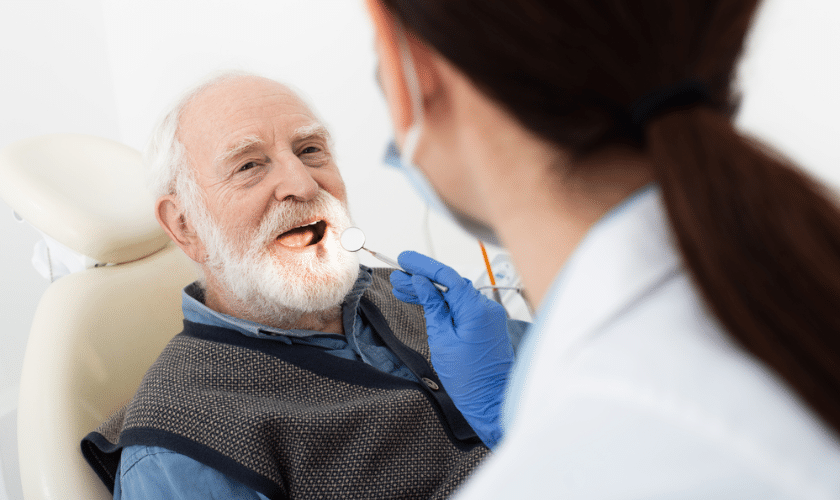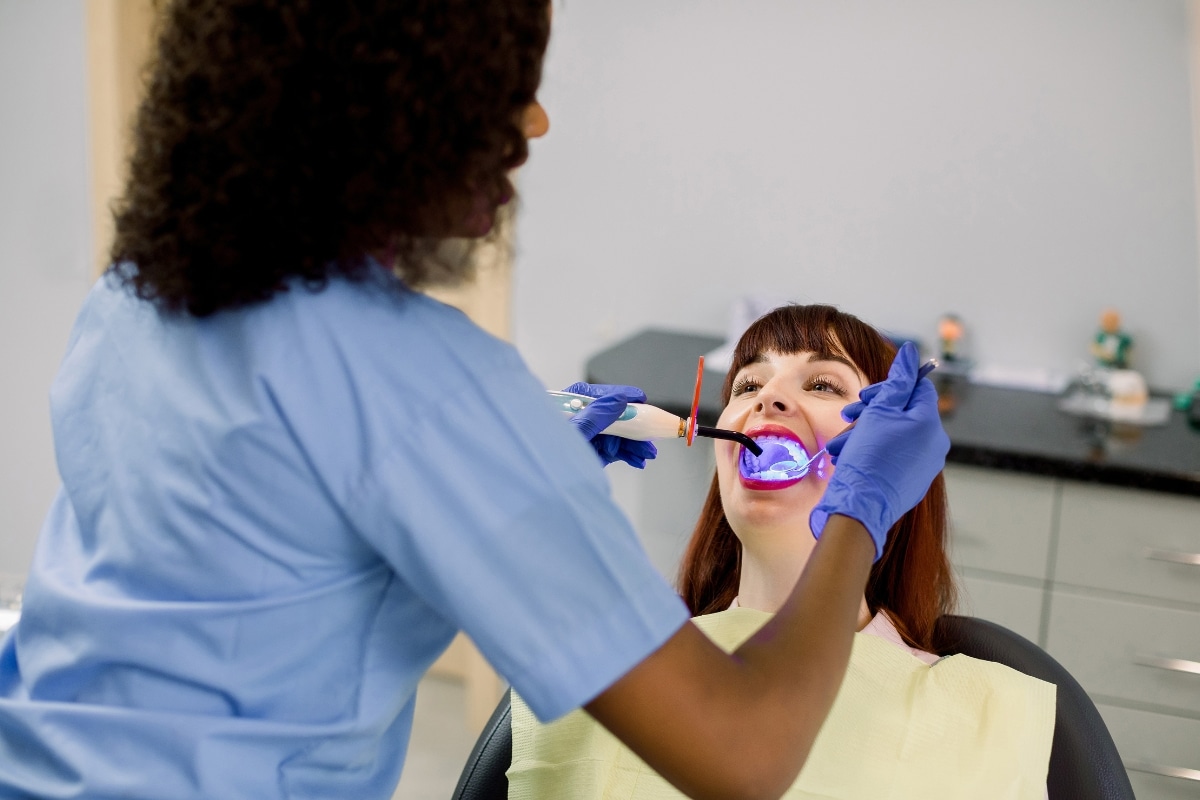Dental Care for Seniors: Challenges and Solutions

As we age, maintaining good oral health becomes increasingly important. However, seniors often encounter unique challenges when it comes to dental care. From age-related issues to accessibility concerns, navigating this aspect of healthcare can be daunting. In this comprehensive guide, we’ll delve into the specific challenges faced by seniors in dental care and explore practical solutions to ensure optimal oral health and radiant smiles well into the golden years.
Challenges in Senior Dental Care:
- Age-related Oral Health Issues: As we age, our oral health needs evolve. Seniors are more prone to dental problems such as tooth decay, gum disease, and oral cancer. Additionally, factors like dry mouth due to medications and reduced saliva production can exacerbate these issues.
- Limited Mobility and Accessibility: Mobility issues, arthritis, and other age-related conditions can make it difficult for seniors to brush and floss effectively. Visiting the dentist may also pose challenges due to transportation issues or physical discomfort.
- Financial Constraints: For many seniors, fixed incomes and lack of dental insurance coverage can present significant barriers to accessing essential dental care. The cost of procedures and treatments may deter them from seeking timely dental attention, leading to worsening oral health problems.
- Fear and Anxiety: Dental anxiety is common among people of all ages, but it can be particularly pronounced in seniors who may have had negative dental experiences in the past. Fear of pain, discomfort, or judgment may prevent them from seeking regular dental check-ups and treatments.
Solutions for Senior Dental Care:
- Regular Dental Check-ups: Routine dental visits are crucial for seniors to detect and address oral health issues early on. Dentists can provide personalized care plans and preventive treatments tailored to seniors’ needs.
- Improved Oral Hygiene Practices: Encouraging seniors to maintain proper oral hygiene habits is essential. Dentists can recommend adaptive tools such as electric toothbrushes, floss holders, and mouth rinses to make daily oral care more manageable.
- Accessible Dental Services: Dental practices can enhance accessibility by offering transportation services for seniors, installing ramps and handrails, and ensuring comfortable waiting areas. Tele-dentistry options can also facilitate remote consultations and follow-ups for those unable to visit in person.
- Affordable Dental Care Options: Exploring affordable dental care options such as dental discount plans, senior discounts, and community health centers can help alleviate financial burdens. Dentists can also work with seniors to prioritize treatments based on urgency and budget constraints.
- Compassionate Dental Care: Dentists and dental staff can play a crucial role in addressing seniors’ fears and anxieties by providing compassionate and understanding care. Creating a welcoming and non-judgmental environment can help seniors feel more comfortable seeking dental treatment.
In conclusion, seniors encounter various challenges in maintaining optimal oral health, ranging from age-related issues to accessibility barriers. However, with proactive measures and innovative solutions, these challenges can be overcome. By prioritizing regular dental check-ups, improving oral hygiene practices, enhancing accessibility, and offering affordable care options, we can ensure that seniors receive the dental care they need and deserve. Dentists in Havertown stand ready to support seniors in their journey towards healthier smiles and improved overall well-being.
Recent Posts

Why Won’t My Teeth Stay White? Dr. Maconi on Maintenance for Havertown Residents

What Happens if You Delay Filling a Cavity? Dr. Maconi on Preventing Root Canals

What Home Care Tips Can Help Relieve TMD Discomfort in Havertown?

Minimizing Sensitivity: Why Professional Teeth Whitening Treatment is Safer Than DIY Kits


